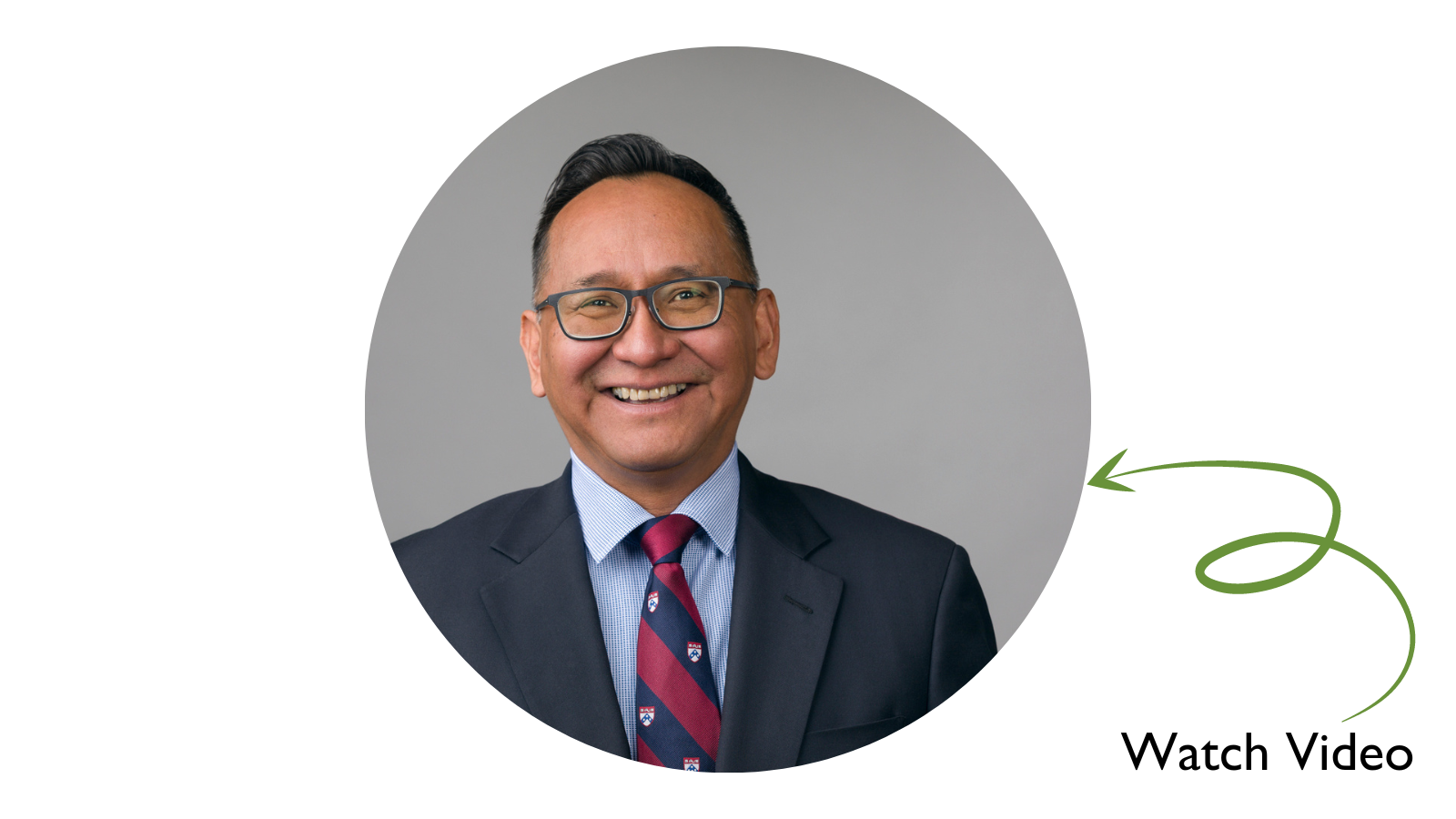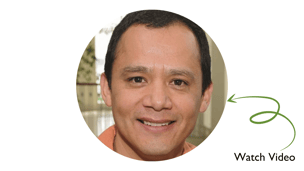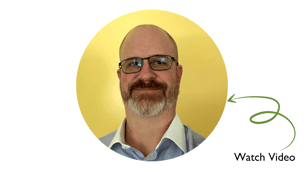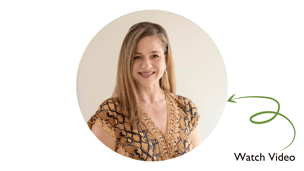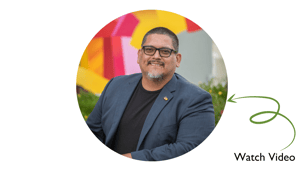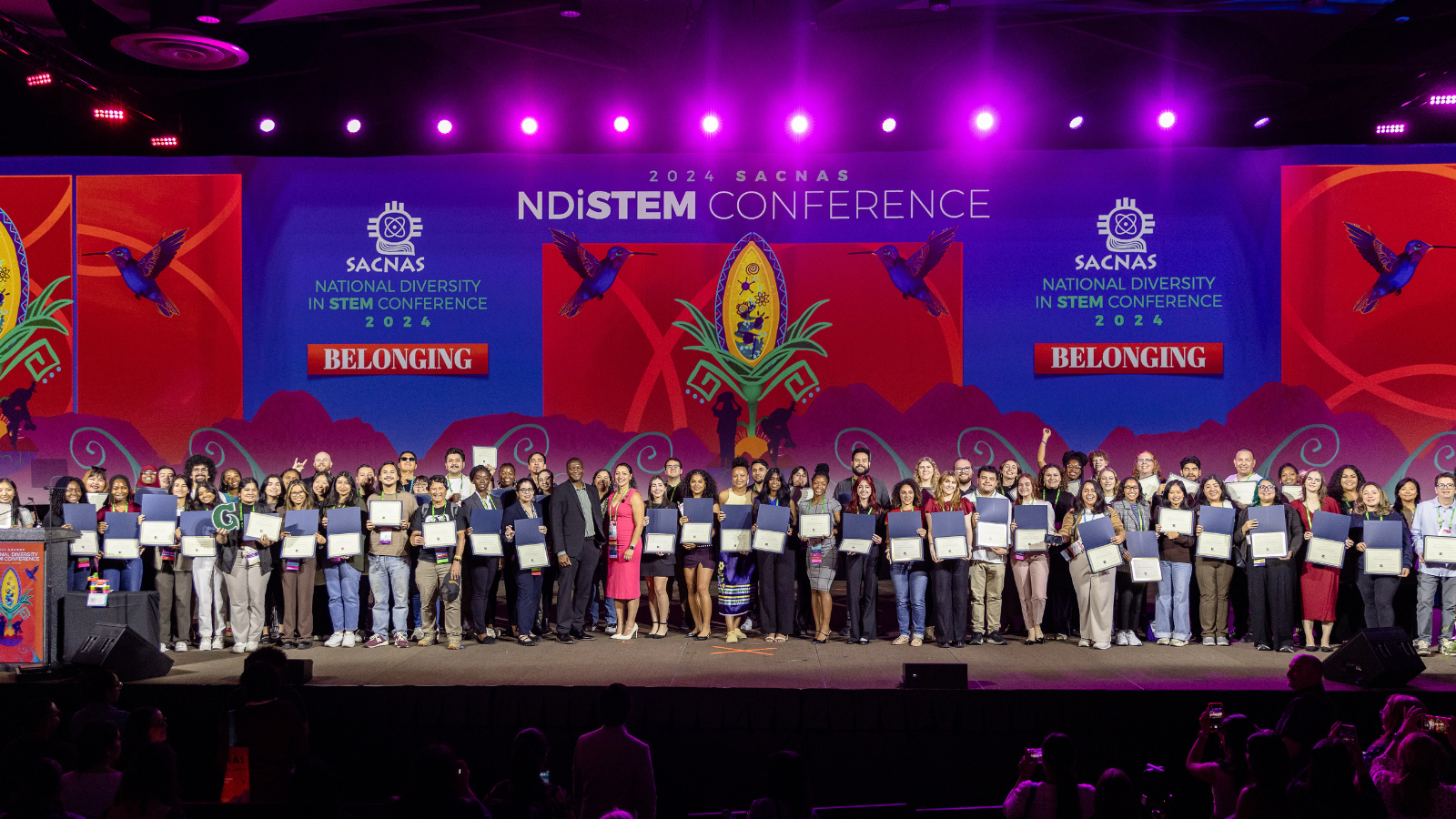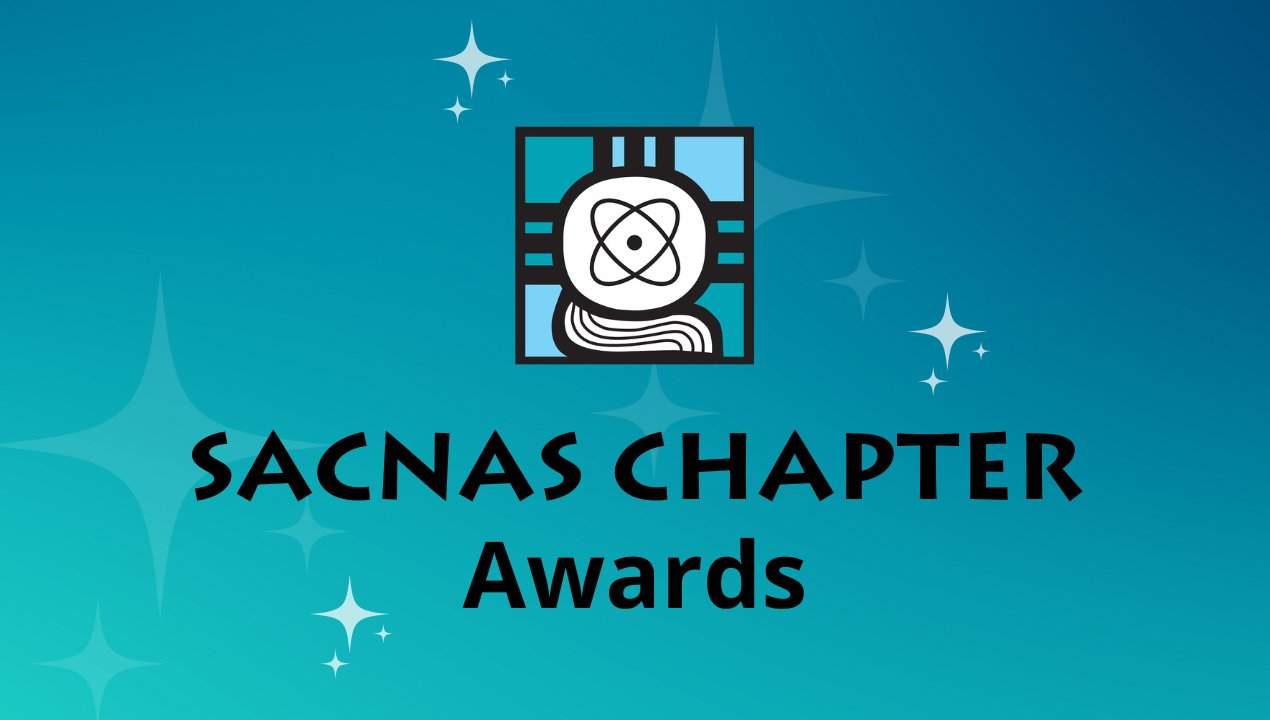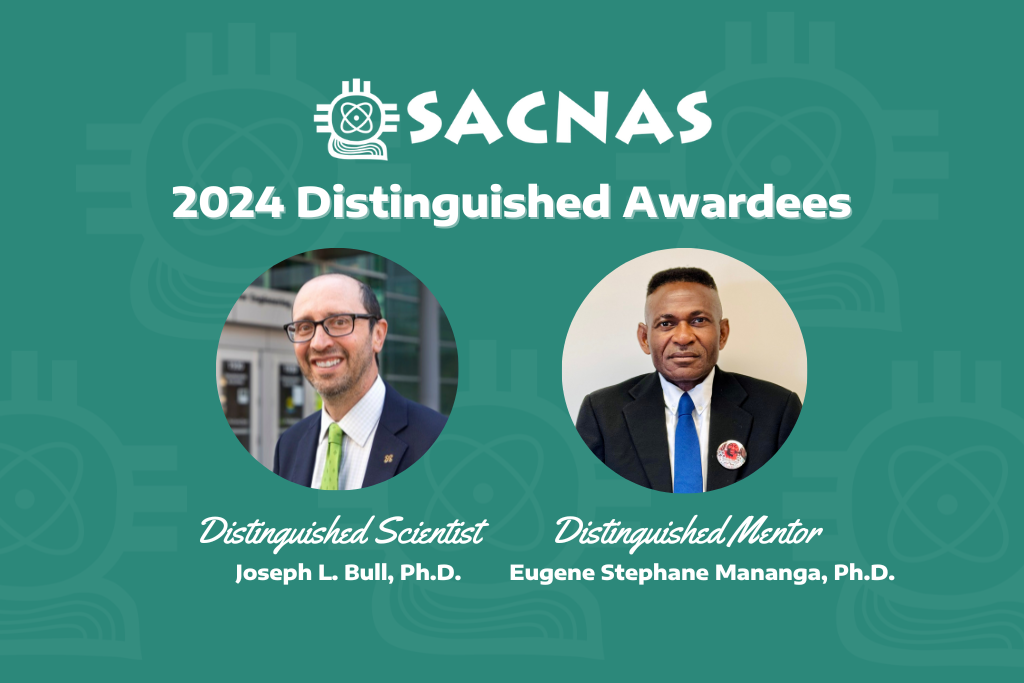Personal Statement
In addition to being a Lifetime member of SACNAS, as well as serving as a SACNAS Board member (2011 – 2013), I am very familiar with the duties and responsibilities of being a board member on various levels. Accordingly, I am excited at the prospect of serving as a board member at a critical time when the Society needs more Native American/Indigenous presence so that we can re-identify with what our founders envisioned when they came together in 1973. I also relish the opportunity to assist with the continued planning of the 50th anniversary of this wonderful life changing organization which is scheduled for next year in 2023! I have continued to be involved in various capacities (e.g., committees, travel scholarship reviewer, etc.) to keep abreast of any issues that I can assist with and that inspires me to serve once again as a board member. I also enjoyed working closely with the staff members of SACNAS and applaud them for their dedication! In addition, I now have the wherewithal (e.g., leadership experience, scholarship, financial ability, etc.) to be even more impactful 10 years later. Perhaps more importantly, SACNAS has been a place of comfort and support for me and connected me with so many wonderful scholars, thought leaders and activists through the regional and national conferences. SACNAS has also contributed to my leadership development through the LPSLI and ALI and I will always be grateful for that.
SACNAS/ STEM Diversity & Inclusion Experience
I have been involved with SACNAS for over 20 years and continue to enjoy my lifetime membership! Most of my career has been focused on access and equity issues in higher education, especially for individuals who come minoritized and marginalized backgrounds. In addition to SACNAS, I am active in our partner organizations, such as AISES and AAAS, to advance diversity, equity and inclusion (DEI) at a broader level. Prior to pivoting my career pathway in DEI, I directed two national training programs in genome sciences – both at Harvard – from 2004 to 2012. These experiences provided me tangible leadership experience to serve as a diversity activist and thought leader (e.g., Director of Diversity & Multicultural Affairs, Chief Diversity Officer, Associate Vice President for Diversity Affairs, Vice President for Diversity, Equity and Inclusion) for the past 10 years to advance DEI in all academic spaces at both public and private institutions. Beyond academia, I continually give back to my community by contributing to various research endeavors for Native American and Indigenous communities, so I currently serve as a community advisor for the Navajo Nation’s Perspectives on Genetic Research committee.
Leadership Style
Diversity, equity and inclusion (DEI) transformation requires a team-based approach in order to be successful. While serving as a diversity leader (reporting to the president) at an institution, I was tasked with reorganizing the diversity division to allow for more awareness and appreciation of DEI throughout the institution. This was an opportunity for all college community members to better understand that everyone could and should participate as much as possible in expanding the understanding of DEI. This required connecting with all units throughout the institution (e.g., student affairs, academic affairs, human resources, campus safety, athletics, housing, advancement, alumni affairs, et al.) to build trust and transparency. I also established a trusting working relationship with the provost to bridge a stronger connection between academic affairs and student affairs so that the curriculum was embedded with DEI concepts and components. All of this groundwork led to the institution’s first DEI Strategic Plan that included input from students, faculty and staff. My overall leadership style is pace-setting which allows for me to trust that my team members are carrying out the duties and responsibilities that they have been assigned. Regular check-in meetings are required to ensure that goals and objectives are on track and if something is amiss, then a discussion needs to happen in order to address it. Accordingly, trust, transparency and clear communication is necessary in effective and successful leadership.
Fundraising Experience
Fundraising has been part of every position I have held throughout my career. Accordingly, I have developed a solid understanding of the importance of knowing how to ask for funds as well as when to ask. I have a successful track record in co-writing grant proposals for federal agencies as well as private foundations that are aimed at increasing the number of diverse scholars in academe and beyond. In the past several years, I have been able to assist in securing funding ranging from $25K to $2.5M that are either one-time awards or multi-year awards. Modest gifts and awards have come about from having conversations with interested supporters and friends of an institution that began with an opening line such as, “Did you know that we graduate the highest number of Native American graduates at the bachelor’s level?” Another leading question has been, “We have made many inroads with our affinity centers that includes creating a stronger sense of belonging for diverse students and can you imagine how much more we could do?” These types of questions lead to additional conversations that allow for me to pique the interest of prospective donors to make pledges and convert them into actual gifts. This would be my approach to assist with fundraising efforts for SACNAS.
Board Leadership
I believe that a board member should provide their expertise as national thought leaders and scholars, along with the ability to assist in developing short-term and long-term SMART goals. I also believe that a board member has the fiduciary responsibility to determine how funds are to be utilized in judicious and impactful ways for the entire membership. Moreover, connecting with the constituents of SACNAS is an important way to build trust that will assist in developing a vision and strategic plan that is required every few years.
Organizational Governance
I have served in various community governance committees throughout my career and continue to do so in every community I live in and they are as follows:
- Member – Diversity, Equity and Inclusion External Advisory Board, Brookhaven National Laboratory, Shirley, Long Island, January 2018 to present
- Member – Diversity and Inclusion Committee, Durango Police Department, Durango, CO, August 2020 to March 2022
- Assisted in creating a DEI hiring plan that increased diversity in the department Friend – Long Island Indian Council, Hampton Bays, NY, July 2017 to December 2019
- Assisted with establishing a partnership with Stony Brook University to increase Native American participation in higher education Member – Diversity and Inclusion Education, YMCA, Chicago, IL, January 2016 to June 2017
- Created partnership opportunities with the Chicago American Indian Collaborative Member – Chicago American Indian Community Collaborative, Chicago, IL, September 2014 to June 2017
- Assisted with fundraising campaigns by contributing monetary and in-kind services Member – Board of Directors, North American
National Engagement
In addition to the community governance committees and councils I serve on, I also have a national presence in the following organizations:
- National Conference on Race and Ethnicity in Higher Education (NCORE)
- I have served on the National Advisory Council to review conference proposals as well as contribute Indigenous perspectives into national discussions.
- National Association of Diversity Officers in Higher Education (NADOHE)
- I was selected to their selective CDO Fellows program where I was able to provide Indigenous perspectives regarding diversity, equity and inclusion.
- Association of Independent Colleges and Universities in Massachusetts (AICUM)
- I completed their Inclusive Leadership Program where I was able to expand my network of DEI leaders to increase the visibility of Native Americans in MA.
- Association American of Universities CDO Consortium (AAU)
- As a member of this inaugural group, I have been able to provide perspectives regarding diversity, equity and inclusion and expand opportunities for BIPOC and LGBTQIA2S people.

